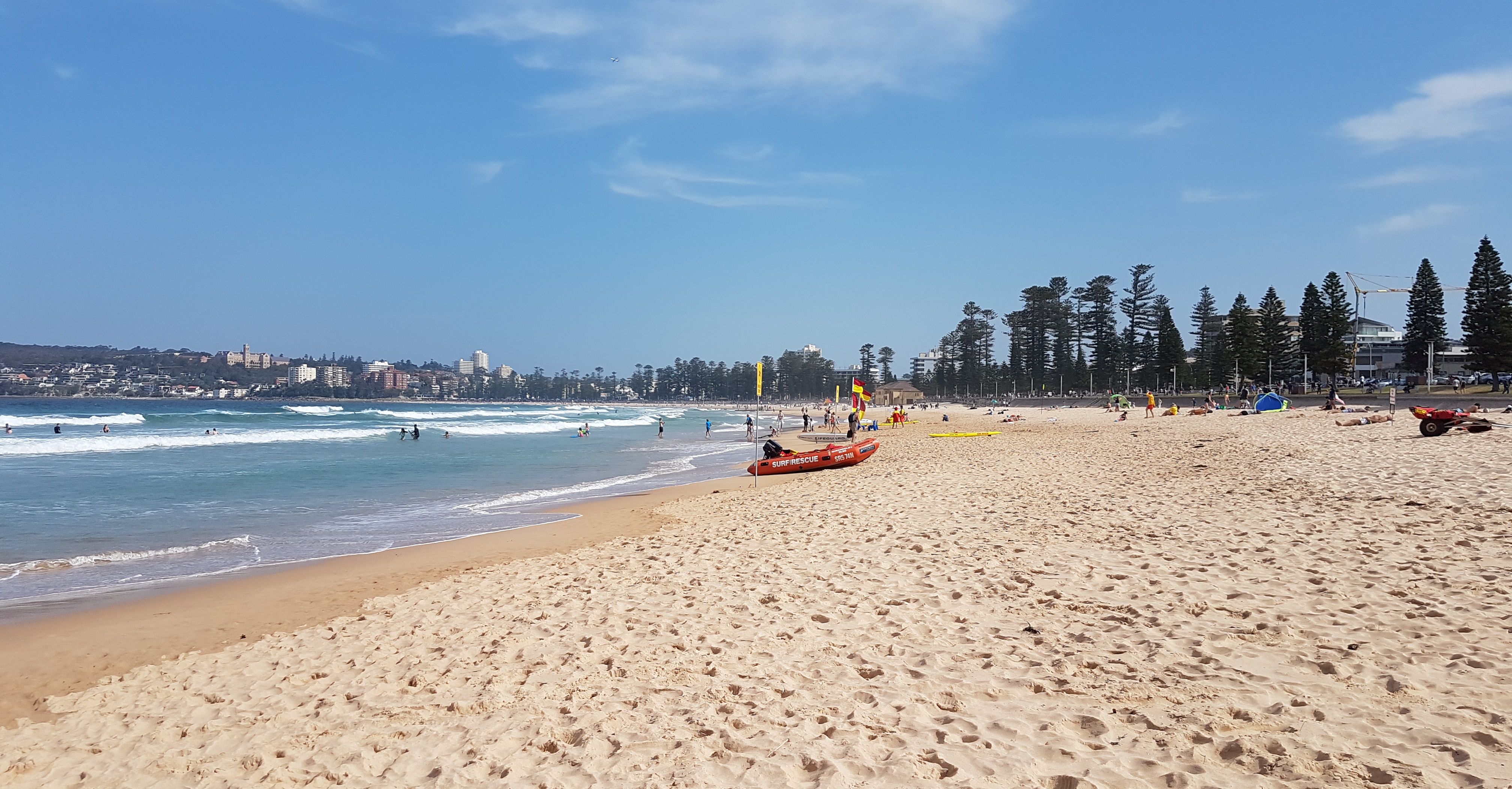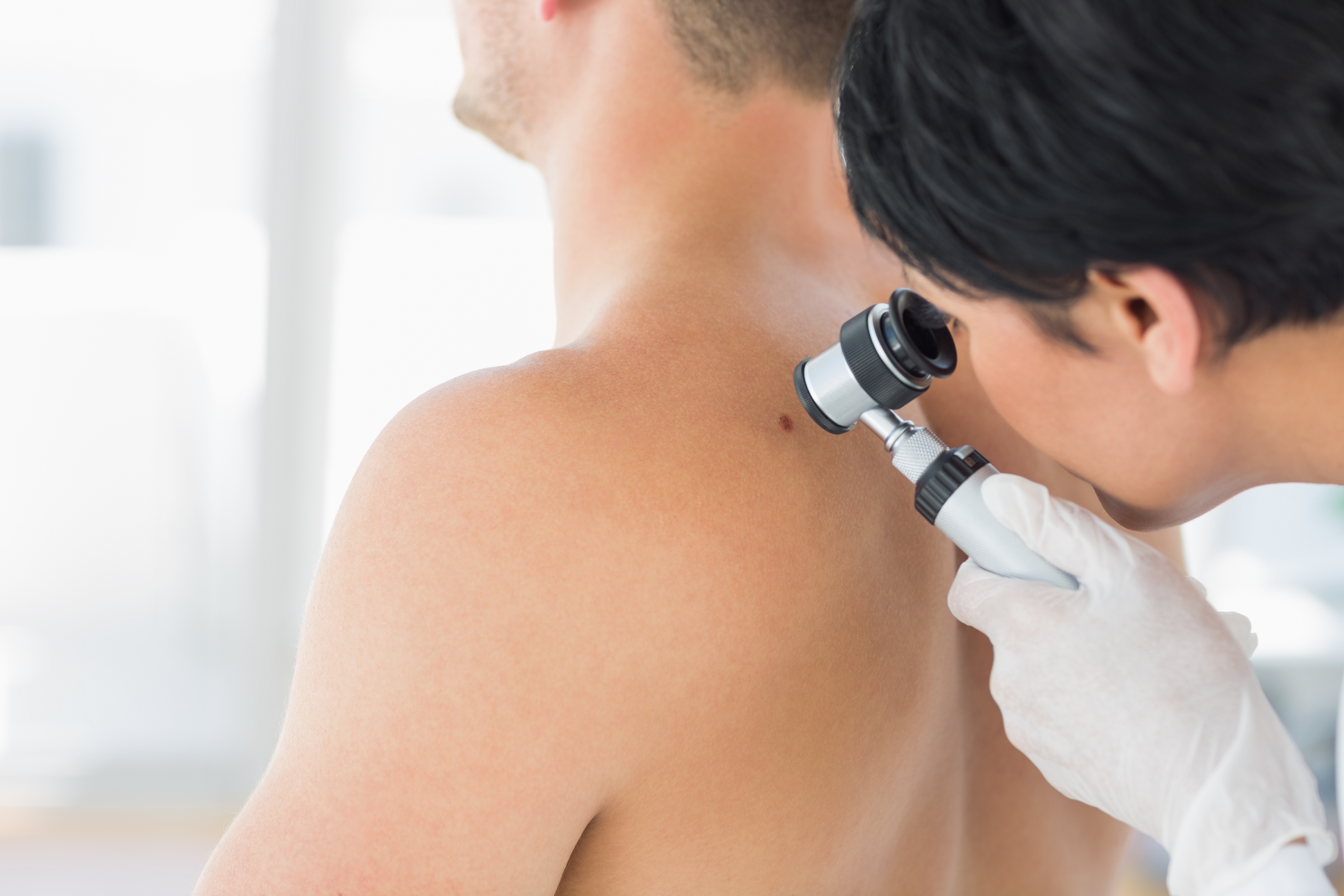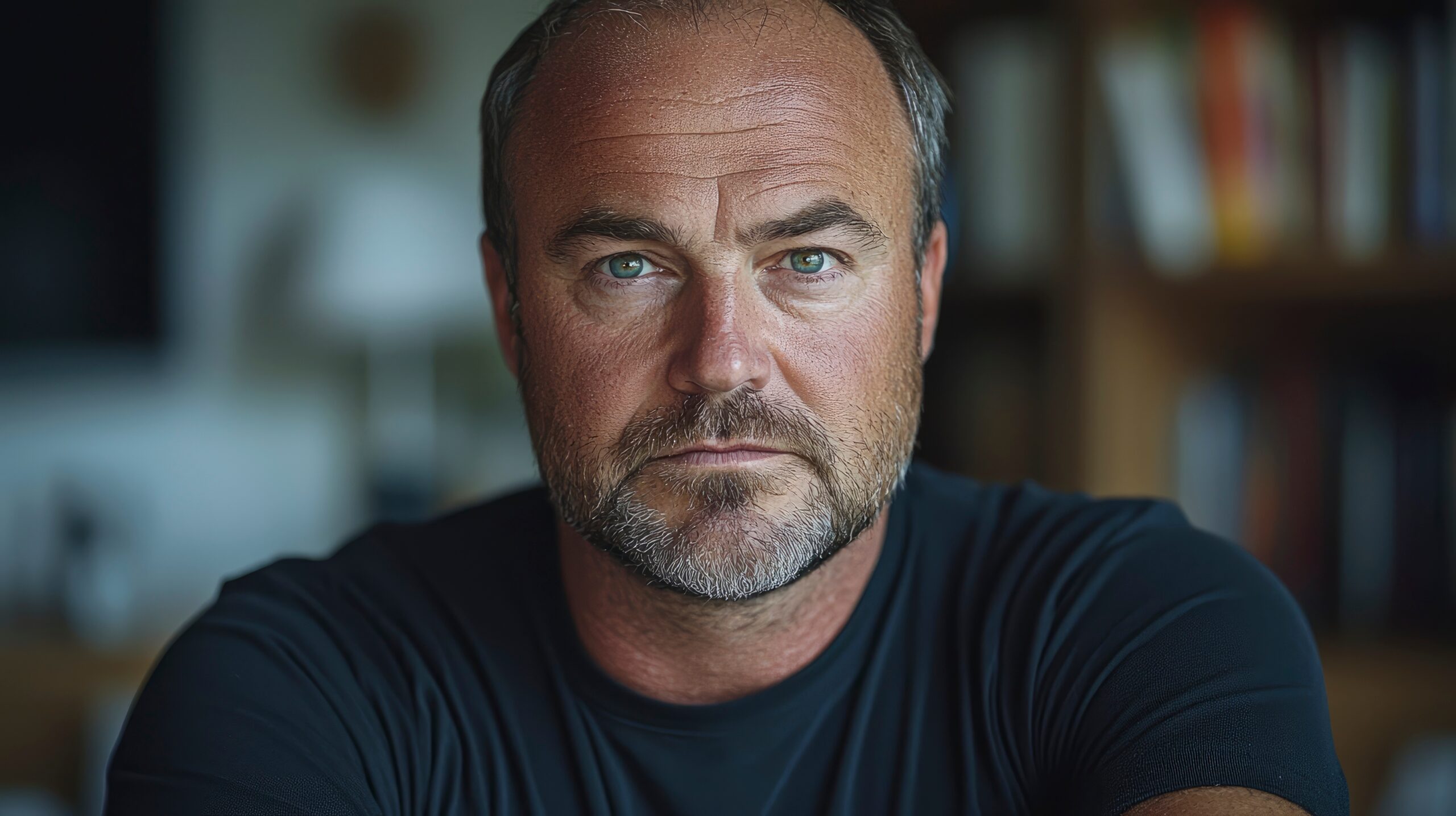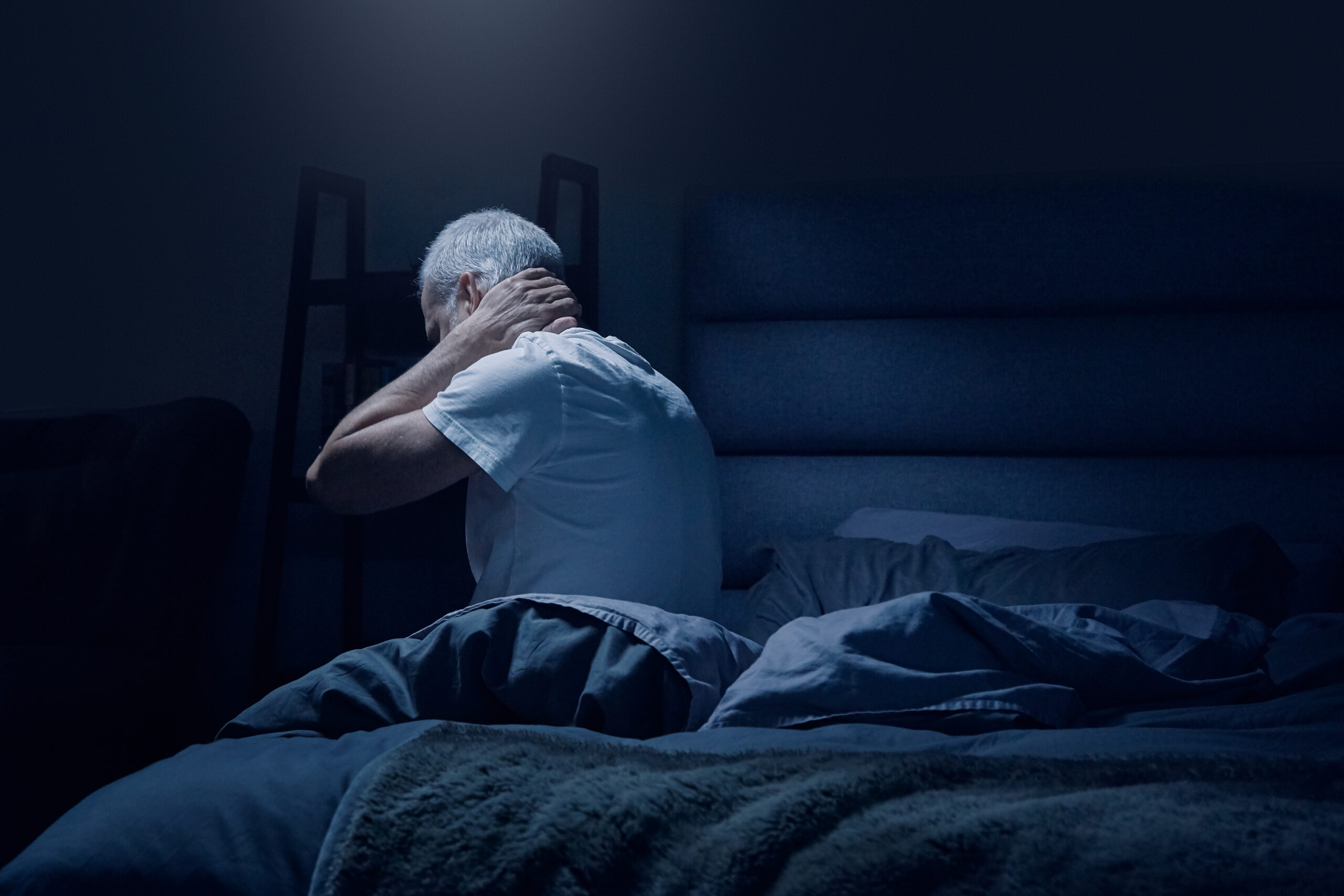 This week, 19-25 November 2017, is National Skin Cancer Action Week, and with two out of three Aussies being diagnosed with skin cancer by the time they reach 70, it’s something we take very seriously here at LIV HQ.
This week, 19-25 November 2017, is National Skin Cancer Action Week, and with two out of three Aussies being diagnosed with skin cancer by the time they reach 70, it’s something we take very seriously here at LIV HQ.
In our endeavours to find out more about the National Skin Cancer Action Week 2017, and to understand why skin health is so important, we spoke to skin cancer expert, and President of the Australasian College of Dermatologists, Dr Andrew Miller.
What is the aim of National Skin Cancer Action Week 2017?
Dr Miller: National Skin Cancer Action Week is essentially a call to arms to raise awareness of sun protection at a time when the weather is warming up and people are more receptive to this message. The campaign is a partnership between Cancer Council Australia and the Australasian College of Dermatologists (ACD).
When people start going down to the beach and wearing fewer items of clothing, they tend to notice things on their skin and we want to encourage them to go and get these checked out.
The College has been involved in a number of public campaigns over the years and we’ve seen the difference they can make.
Why do you work in partnership with Cancer Council Australia?
Dr Miller: The ACD has worked closely with the Cancer Council over the past year, not just in the lead up to National Skin Cancer Action Week, but also to lobby Federal Government to invest in crucial public health campaigns raising awareness of skin cancer.
Incredibly, it’s been ten years since the last mass campaign about the disease, but the savings it would bring to the healthcare system far outweigh the costs involved.
Dermatologists have a particular level of experience in skin cancer and the College advises peak bodies and other medical groups in this area, as well as in all other aspects of skin, nail and hair health.

Dr Miller: This campaign is important because it focuses on both parents and children. Previously we have focused on targeting our message to parents in order to ensure their children are protected when in the sun. But we realised that they were forgetting to look after themselves. This campaign has a focus on parents and is also very important for people of all ages.
Our previous campaigns have helped create our most SunSmart generation to date. However, now we need to remind adults to protect their skin too. It’s not so ingrained for them and they need to be encouraged to take positive mental steps.
I know from personal experience that it can be stressful getting everyone ready for the beach and protecting yourself isn’t always your first priority.
Recently, I went to buy rash vests for the whole family, but I actually struggled to find many available for me. This is an example of just one of the barriers for adults who are often looking for excuses not to have to put the effort in to stay protected.
Can you debunk some of the myths about skin cancer?
Dr Miller: I’ve heard many myths over the years, including that it can’t be skin cancer if the area doesn’t bleed or if it has hair growing from it. This just isn’t true.
People often bury their head in the sand and worry that getting a biopsy might even make it worse. Again, this isn’t the case and it’s important to go and see your GP to get any suspicious marks on your skin checked out.
If you require the care of a specialist, they will refer you to a dermatologist who will support you from diagnosis through treatment to any post care you might need.
There has also been coverage in the media that many Australians believe that sunscreens are not effective. Often people are getting burnt because they aren’t applying it correctly, using enough lotion or not reapplying often enough.
People also worry that they aren’t getting enough Vitamin D but you only need 10-20 minutes of sun exposure three times a week on your arms, for example, and that doesn’t need to be in the middle of the day. Humans make Vitamin D very quickly and the longer you spend in the sun, the more this can actually negatively impact on your Vitamin D levels.
Stay protected
So make sure you and your family stay SunSmart this summer and don’t forget to Slip, Slop, Slap, Seek and Slide!
You can read more about skin cancer on the Australasian College of Dermatologists website.



